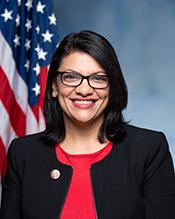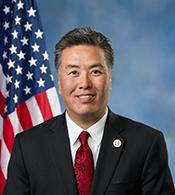0
Heating and Cooling Relief Act
1/18/2024, 2:58 AM
Congressional Summary of HR 893
Heating and Cooling Relief Act
This bill provides additional energy assistance to households, including heating and cooling assistance.
Specifically, the bill reauthorizes through FY2032 and revises the Low Income Home Energy Assistance Program. Under the existing program, the Department of Health and Human Services (HHS) may award grants to states for assisting low-income households that pay a high proportion of their income for home energy. To be eligible under the existing program, households must have incomes which do not exceed the greater of an amount equal to 150% of the poverty level for their state or an amount equal to 60% of the state median income. The bill expands eligibility to households with incomes which do not exceed the greater of an amount equal to 250% of the poverty line as defined in the Community Services Block Grant Act or an amount equal to 80% of the state median income. In addition, the bill expands eligibility to households with a monthly energy burden of 3% or more per year.
It also requires states to establish procedures to protect households receiving assistance under the program from energy shutoffs and certain late fees.
In addition, the bill requires HHS and the Department of Energy to jointly carry out a program that awards grants to states and local governments for developing and implementing interagency plans to reduce energy burdens for eligible households with high home energy use. The plans must promote the reduction of energy from fossil fuels.





